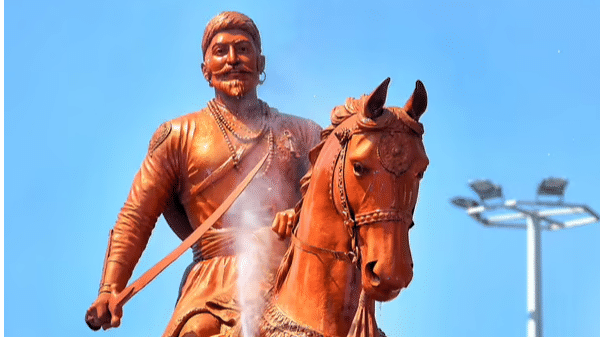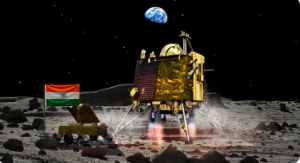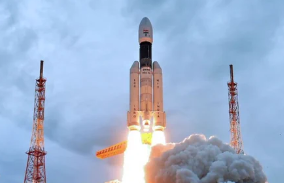Chhatrapati Shivaji,
one of the pioneers of the Maratha Empire, is being remembered across India on
Saturday, on the occasion of Shivaji Jayanti. February 19, 2022 is the 392nd
birth anniversary of this Maratha king. This 17th century
warrior-king is perhaps the most crucial figures in Marathi history.
While the
challenges Shivaji threw at towering figures, such as Mughal Emperor Aurangzeb,
did make him a ensure his place in the chronicles, the cult of Shivaji became
more prominent during the Indian Independence movement. The celebration of
Shivaji Jayanti began in 1870 through the efforts of Mahatma Jyotirao Phule.
Who was Chhatrapati Shivaji?
Born at the Shiveri fort in Junnar which is located in what now forms part of Pune district, Shivaji was named after a local deity named Shivai. Shivaji’s father Shahaji Bhonsle was a Maratha general serving the Deccan Sultanates. Shivaji would go on to conquer much of the territory under them in course of his life, through war efforts as well as alliances.
Also Read | Mahan mahanayak: PM Modi leads tributes on Shivaji Jayanti
Shivaji’s, through military and diplomatic efforts, engaged with the Mughal Empire, the Sultanate of Bijapur, Sultanate of Golkonda as well as colonial powers from Europe that had established themselves in India as giant trading companies with massive political sway.
Shivaji is credited with making innovations in the public policy system through interventions such as introducing the “Asta Pradhan Model.” As part of this policy, there would be a Council of Eight Ministers to run administration and advise the government.
One of the crowning glories of Shivaji’s rule was the introduction of guerrila warfare. Several conquests Shivaji led were through this mode of warfare where a lean standing army would end up defeating large cavalries. An astute knowledge of local conditions, geographies, preponderance of resources, all helped him to craft this mode of warfare.
Origins of Shivaji Jayanti
It was in course of the Indian Independence movement that Shivaji’s personality was imbibed into the nationalist discourse. His political methods were capsuled into a notion of Swaraj, different in nuanced ways from Gandhian Swaraj which was to become mainstream later.
The first Shivaji Jayanti celebrations were held in Pune in 1870. Years later, Bal Gangadhar Tilak, one of the luminaries of the Indian freedom movement, popularised the festival. Maharashtra marks Shivaji Jayanti as a state holiday.







